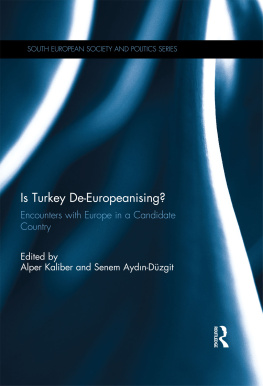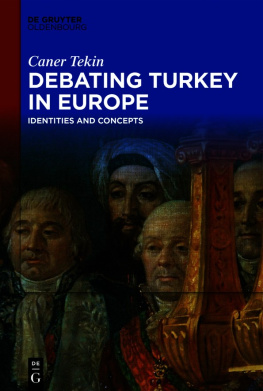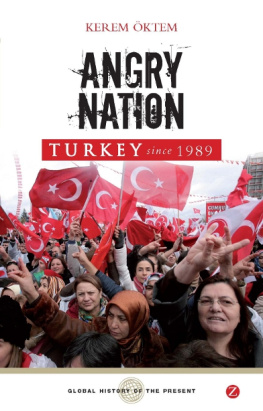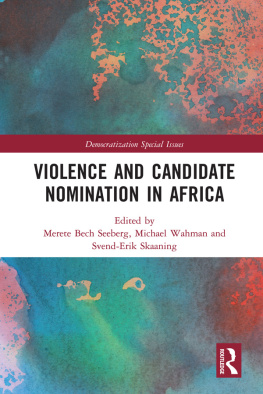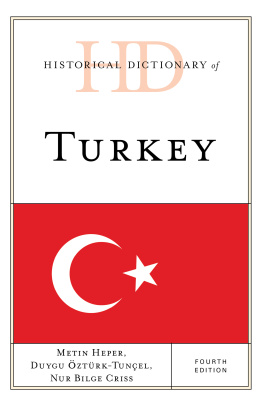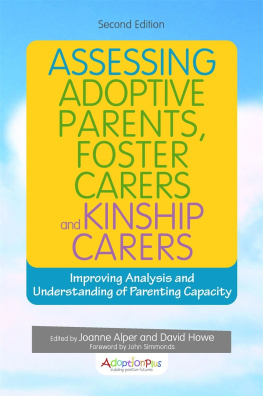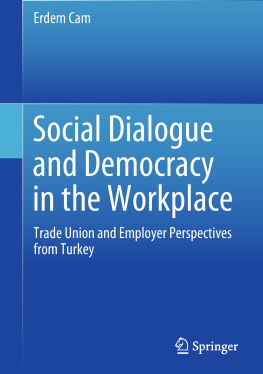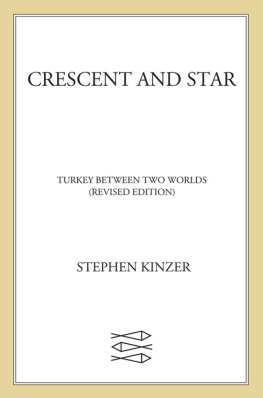Is Turkey De-Europeanising?
This comprehensive edited volume conceptually develops the notion of de-Europeanisation as an important development in the literature on Europeanisation, and applies it specifically to the case of Turkey. De-Europeanisation is defined as the loss or weakening of the EU/Europe as a normative/political context and as a reference point in domestic settings and national public debates of both candidate and member countries. De-Europeanisation manifests itself in two basic ways: as the weakening of the appeal and influential capacity of European institutions, policies, norms and values, leading to a retreat of EU/Europe as a normative/political context for society and politics in a candidate/member state; and as growing scepticism and indifference in a given society towards the EU/Europe, risking the legitimacy of the EU/Europe as a reference point in cases even where reform is incurred. Using this concept, the authors analyse the diminishing impact of the EU in Turkish governance and politics after the opening of accession negotiations in October 2005. The relevance of de-Europeanisation is investigated through ten chapters focusing on key policy areas including education, migration, democracy, the rule of law and media freedoms, and a number of key actors including civil society organisations, political parties and political leaders.
This book was originally published as a special issue of South European Society and Politics.
Alper Kaliber is Associate Professor in the Department of International Relations at Istanbul Kemerburgaz University, Turkey. His areas of research include critical and regional security studies, European security, Europeanisation, the Cyprus conflict, Turkish foreign policy and OttomanTurkish modernisation. He has received several grants and awards including the Young Scientist Award from Turkeys Science Academy (BAGEP) in 2014.
Senem Aydn-Dzgit is Associate Professor of International Relations at Sabanc University, Turkey. She is the author of Turkey and the European Union (with Nathalie Tocci, 2015) and Constructions of European Identity: Debates and Discourses on Turkey and the EU (2012).
South European Society and Politics series
Series editors:
Susannah Verney, University of Athens, Greece
Anna Bosco, University of Trieste, Italy
The parallel regime transitions of the 1970s, when Southern Europe was the vanguard of the third wave of democratisation, the impact of EU membership and Europeanisation and more recently, the regions central role in the eurozone crisis have all made Southern Europe a distinctive area of interest for social science scholars. The South European Society and Politics book series promotes new empirical research into the domestic politics and society of South European states. The series, open to a broad range of social science approaches, offers comparative thematic volumes covering the region as a whole and on occasion, innovative single-country studies. Its geographical scope includes both old and new Southern Europe, defined as Italy, Greece, Portugal, Spain, Cyprus, Malta and Turkey.
Is Turkey De-Europeanising?
Encounters with Europe in a Candidate Country
Edited by Alper Kaliber and Senem Aydn-Dzgit
The 2014 European Parliament Elections in Southern Europe
Edited by Hermann Schmitt and Eftichia Teperoglou
Economic Crisis and Austerity in Southern Europe: Threat or Opportunity for a Sustainable Welfare State?
Edited by Maria Petmesidou and Ana Marta Guill
Southern Europe and the Financial Earthquake
Coping with the First Phase of the International Crisis
Edited by Susannah Verney, Anna Bosco and Marina Costa Lobo
Europeanisation of Public Policy in Southern Europe
Comparative Political Economy from the 2000s to the Crisis
Edited by Canan Balkr, H. Tolga Bolukbasi and Ebru Ertugal
Transformations of the Radical Left in Southern Europe
Bringing Society Back In?
Edited by Myrto Tsakatika and Marco Lisi
Elections in Hard Times: Southern Europe 201011
Edited by Anna Bosco and Susannah Verney
Voters and Parties in the Spanish Political Space
Edited by Ignacio Snchez-Cuenca and Elias Dinas
New and Alternative Movements in Spain
The Left, Identity and Globalizing Processes
Edited by John Karamichas
Protest Elections and Challenger Parties
Edited by Susannah Verney and Anna Bosco
Is Turkey De-Europeanising?
This comprehensive edited volume conceptually develops the notion of de-Europeanisation as an important development in the literature on Europeanisation, and applies it specifically to the case of Turkey. De-Europeanisation is defined as the loss or weakening of the EU/Europe as a normative/political context and as a reference point in domestic settings and national public debates of both candidate and member countries. De-Europeanisation manifests itself in two basic ways: as the weakening of the appeal and influential capacity of European institutions, policies, norms and values, leading to a retreat of EU/Europe as a normative/political context for society and politics in a candidate/member state; and as growing scepticism and indifference in a given society towards the EU/Europe, risking the legitimacy of the EU/Europe as a reference point in cases even where reform is incurred. Using this concept, the authors analyse the diminishing impact of the EU in Turkish governance and politics after the opening of accession negotiations in October 2005. The relevance of de-Europeanisation is investigated through ten chapters focusing on key policy areas including education, migration, democracy, the rule of law and media freedoms, and a number of key actors including civil society organisations, political parties and political leaders.
This book was originally published as a special issue of South European Society and Politics.
Alper Kaliber is Associate Professor in the Department of International Relations at Istanbul Kemerburgaz University, Turkey. His areas of research include critical and regional security studies, European security, Europeanisation, the Cyprus conflict, Turkish foreign policy and OttomanTurkish modernisation. He has received several grants and awards including the Young Scientist Award from Turkeys Science Academy (BAGEP) in 2014.
Senem Aydn-Dzgit is Associate Professor of International Relations at Sabanc University, Turkey. She is the author of Turkey and the European Union (with Nathalie Tocci, 2015) and Constructions of European Identity: Debates and Discourses on Turkey and the EU (2012).
First published 2017
by Routledge
2 Park Square, Milton Park, Abingdon, Oxon, OX14 4RN, UK
and by Routledge
711 Third Avenue, New York, NY 10017, USA
Routledge is an imprint of the Taylor & Francis Group, an informa business
2017 Taylor & Francis
All rights reserved. No part of this book may be reprinted or reproduced or utilised in any form or by any electronic, mechanical, or other means, now known or hereafter invented, including photocopying and recording, or in any information storage or retrieval system, without permission in writing from the publishers.
Trademark notice: Product or corporate names may be trademarks or registered trademarks, and are used only for identification and explanation without intent to infringe.
British Library Cataloguing in Publication Data
A catalogue record for this book is available from the British Library
ISBN 13: 978-1-138-28652-8

